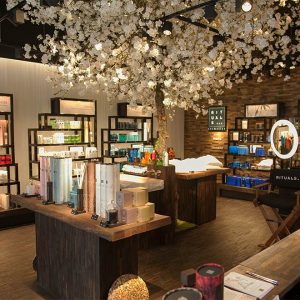Hospitality recovery might not be felt until late summer, say new figures

There is “significant” pent-up consumer demand for hospitality and leisure, but the majority of UK consumers are still hesitant to return to restaurants and bars as they emerge from lockdown, according to the latest EY Future Consumer Index.
The recent survey of over 1,000 UK consumers found 37% are planning on spending more on out-of-home recreational services versus 26% in October 2020. Meanwhile, 43% plan on spending more on a holiday post-COVID-19, up from 31% in October.
However, almost two-thirds of those surveyed (65%) feel uncomfortable going to a bar or pub, up from 52% in October, while more than half (57%) feel uncomfortable with eating in a restaurant, up from 37% in October. Over half (55%) believe the virus will only stop affecting their daily lives after most of the population is vaccinated.
This suggests that the big “unlock” in consumer behaviour may come later in the summer once most of the vaccination programme is due to be completed, rather than from 12 April when restrictions on outdoors hospitality are expected to be lifted, or from 17 May for indoors hospitality. Consumers’ ability to spend will be supported by recently elevated savings ratios, says EY.
Christian Mole, EY UK&I head of hospitality and leisure, said: “Pent-up consumer demand will likely lead to an initial increase in activity, but many hospitality and leisure operators may need to prepare for a potential drop-off and then a slower build through the summer.
“We expect to see particularly strong trade for businesses serving domestic travel demand, given the significant consumer appetite for holidays while restrictions on foreign travel remain.
“Market-wide hotel occupancy data from 2020 showed a significantly above average performance in the summer and early autumn by cities with strong domestic travel demand, such as Inverness, Plymouth and York.
“Conversely, city centres will continue to be affected by the lack of both overseas tourism and business-related hospitality and travel activity. The extent and rate of recovery in these areas is uncertain, and we expect comparatively reduced occupancies to continue for hoteliers and lower footfall in pubs and restaurants for at least the medium term, as commuter volumes remain below pre-pandemic levels.”
The Index found that nearly a quarter (24%) of respondents expect to work from home more often in the longer term, and a fifth (20%) expect to travel less for work.









